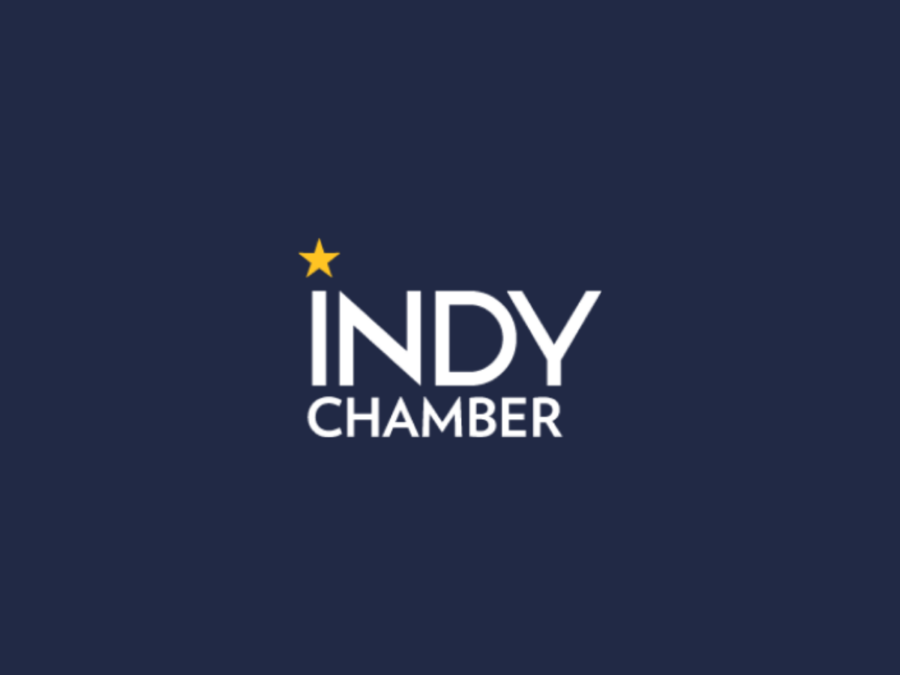Loans are a critical part of business operations, and so is understanding how they work. No matter how big or small a business is, it will likely take out a loan at some point in its lifetime. Many may think of business loans as something that only happens during the initial stages, but loans can also help with expansions, covering unexpected expenses, or even keeping things operational during tough times.
Commercial lending can fill any one of these needs. Commercial loans come in many forms depending on the need, and are commonly only thought of as being offered by specific types of banks—namely, commercial banks. However, as you’ll soon learn, commercial banks aren’t the only places that offer lending to businesses, so it’s worth understanding your options.
Commercial loans serve a variety of functions, all of which help support businesses. If an organization takes advantage of these services, they stand to have a much easier time with operations, payroll, and many other critical business functions. With this article you’ll learn more about banking services, some types of commercial loans, and how companies get the financial support they need through commercial lending—as well as how credit unions like Indiana Members Credit Union may be able to help even more than a typical commercial bank.
(NOTE: The phrase “financial institution” is used throughout this article as a stand-in term for any organization that provides banking services. This includes not just commercial banks but credit unions and similar institutions.)
What Are the 3 Main Types of Banking Services?
Financial Institutions typically provide the following three basic services:
- Checking Accounts | These are deposits that clients generally use to pay bills, withdraw cash, and store their money for safekeeping. These accounts usually pay little or no interest. They may even come with usage fees, monthly fees, or both.
- Savings Accounts | This type of account offers a way for clients to safely deposit and store money in a federally insured location. Savings accounts will also typically offer a higher payout in interest. An adjacent but similar type of service is certificates of deposit (CDs), which will usually offer even higher rates of return.
- Lending Services | Banks and credit unions make loans to clients and businesses. They turn a profit by charging more interest on their loans than they pay out to their savings account holders. For example, if a financial institution pays savings account holders a 1% annual interest rate, they may charge a minimum of 6% on their loans, creating a profit margin of 5%. Since banks are owned by shareholders who specifically want to earn a profit, they will likely charge higher interest rates than not-for-profit financial institutions such as credit unions.
The first two services, checking and savings accounts, are relatively simple concepts that are commonplace in today’s world. Lending services, however, get much more complicated—especially when you consider commercial loans. Various types of commercial loans exist to fulfill the needs of their businesses’ commercial deposit accounts, and each business’s financial needs may vary greatly depending on the nature of their operations.
What Are Commercial Deposit Accounts?
Commercial deposit accounts are basically bank accounts for businesses. An organization may use a commercial account to not only store their money, but access services such as lending, treasury management, real estate needs, credit lines, and even equipment leasing. Companies in just about every industry can benefit from a commercial account, as the many services they provide can greatly assist with business operations. The phrase “commercial account” may also simply refer to the relationship between a business and a financial institution, which might encompass any number of the aforementioned services.
Now that we’ve talked about commercial loans, let’s talk about what you need to know in order to get one: the “5 Cs of Commercial Lending.”
What Are the 5 Cs of Commercial Lending?
The 5 Cs of Commercial Lending (or the 5 Cs of Creditworthiness) is a critical concept for business owners to understand before applying for a loan. Financial institutions will evaluate these 5 Cs when considering if an applicant should receive a loan—and if so, how big of a loan they can be trusted with.
The 5 Cs are capacity, capital, collateral, conditions, and character. Let’s examine each in further detail.
- Capacity | This “C” encompasses your ability to repay a lender. Financial institutions will want to examine your debt-to-income ratio as a business, and make sure that there is sufficient cash flow (the next “C” we’ll discuss) to justify a loan. Essentially, lenders use this criteria to determine if you will have the capacity to pay off a new debt.
- Capital | Also known as cash flow, this refers to the financial institution’s assessment of how much money is coming in and out of your business. Since seizing collateral is a difficult, time-consuming process (which we’ll talk about next), banks/credit unions want to see that you can comfortably make the payments back on your loan—“comfortably” meaning that you have a reasonable cushion between your revenue and payments. For example, if your proposed loan payments are $1,000 each month, the institution would likely want to see a difference of at least $1,250 between your monthly revenue and expenses, which would provide a 25% cushion for the payment.
- Collateral | In the event that your business cannot pay back the loan, financial institutions want to be able to reclaim the loan’s value—even if that’s in the form of physical assets. This forms the concept of collateral: anything pledged as security for the repayment of a loan. When a loan is for a physical item, such as a car or house, the collateral is the item itself. But for commercial loans, where the need is typically more abstract, the bank/credit union will want the business to pledge something of value—or multiple things—as collateral. With this, it’s worth noting that financial institutions typically do not want to go through the process of seizing collateral. Thus, they will scrutinize their applications heavily before giving out a loan, even if they know they’ll have sufficient collateral.
- Conditions | This criteria is more of a birdseye view—lenders are zooming out to look at the conditions of the loan and the economy or industry of the business. While some of these conditions are out of your control as a borrower (like global economic conditions), you can demonstrate that you have a strong financial position and an excellent reason for incurring debt.
- Character | While this last part is largely subjective, a financial institution’s judgment of character can be a deciding factor when considering a loan application. There are still certain things every business owner can do when applying for a loan to make themselves look like an appealing applicant. For example, as a business owner, both your business and personal credit scores are typically considered when applying for a commercial loan. With any loan, financial institutions are looking for a history of responsible money management—and a credit score is one of the quickest ways to appraise financial dependability. This is especially important for business owners to keep in mind, because while credit may not tell the whole story of your financial situation, banks/credit unions will have a hard time looking past a low credit score or damaging penalties. Make sure you practice good financial management—not just in your business, but your personal finances as well. In some cases, the institution itself may even be able to help you with financial literacy. Institutions like IMCU place a heavy emphasis on educating their members, and offer a variety of ways to help.
Which Type of Bank Is Best for My Business?
As a business owner, you want to find a financial institution that’s going to help you get the best deal possible, especially if you’re a small to midsize business. In these cases, a credit union may be the best option because they offer competitive rates and personalized services.
A regional institution such as Indiana Members Credit Union might be a good option for your business. In addition to providing common banking services, we are best known for our competitive loan rates and high-touch member service. We work with each of our clients on a close basis—both at the individual and business level—to make sure they are thriving and successful. And because we are a non-profit organization, every bit of our success goes back to our members—and that could include you.
Want to learn more about commercial loans and what your options are? IMCU is here for you. Please visit our website and submit an inquiry, or come to a branch in-person. We would be happy to help you.



